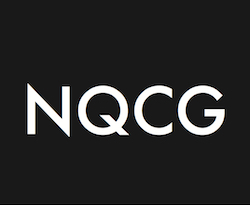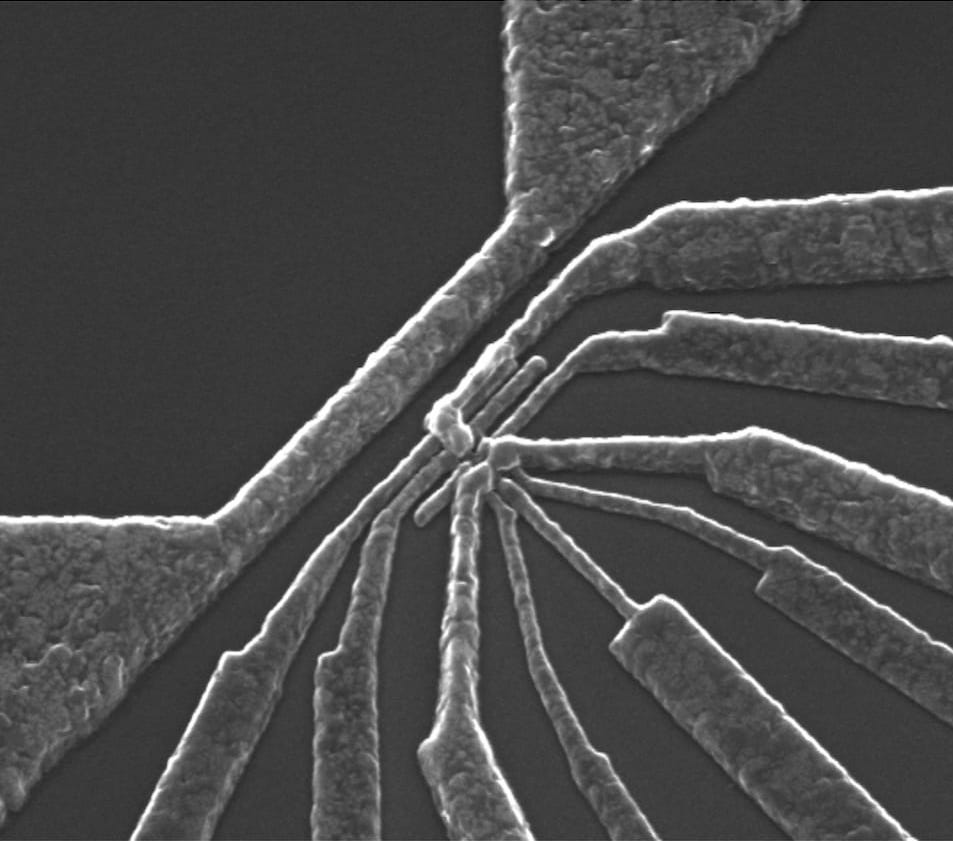Nanotechnology for Defense and Security
Nanotechnology will enable and influence a broad spectrum of defense and security technologies and applications.
Nanoscience and nanotechnology are emerging fields of science, engineering and technology that are witnessing the emergence of an increasing number of new ideas and applications. Many states are working on military applications of this technology. With lighter, stronger nano-structured materials, aircraft makers will be able to build longer range aircraft and longer range, more manoeuvrable missiles for extended range missions.
Besides the defence industry, nanosensors and nano-enabled sensors have applications in many industries. These include energy, transportation, communications, building and facilities, and pharmaceuticals. As the research progresses, we see a convergence of nanotechnology, biotechnology and IT.
Sensor technology is important in the design, manufacturing, maintenance, and function of defence products. New sensors will utilise nano science to detect chemical and biological agents and explosives at levels significantly lower than previously attained. Reduced sensor weight and volume will allow greater real-time prognostic health monitoring of aircraft and spacecraft structure systems.
New sensor materials also offer the potential for reduced cooling needs, such as infrared sensors. Most infrared sensors, often used to ‘see in the dark’, operate at very cold or cryogenic temperatures. With reduced cooling requirements, these sensors will be able to operate in more mission scenarios than their highly cooled counterparts, offering the potential for improved or extended reconnaissance missions.
Below are listed some relevant nanotechnology development focus areas:
- Materials (Strong, Light-weight, Multifunction, Low-cost manufacturing)
- Sensors, Electronics, and Energy (Broad-band sensors, Flexible electronics, Power systems)
- Modeling and Simulation (Reduce cost, accelerate development, Understand results, provide direction, Create design tools)
- Harnessing the Power of Nature (Enable bio-mimetics, Computers as powerful as the brain, Adaptation and stealth)

 Image Courtesy A. Dzurak, University of New South Wales
Image Courtesy A. Dzurak, University of New South Wales